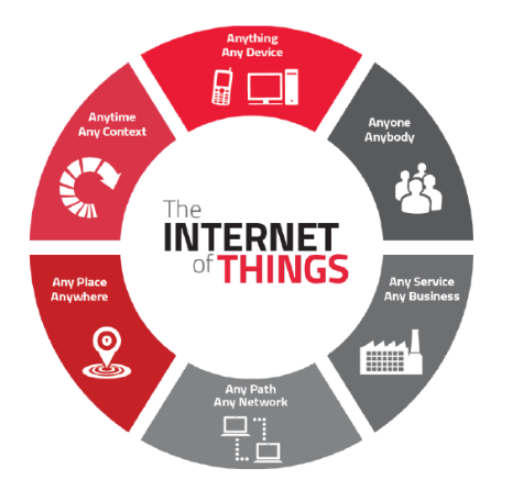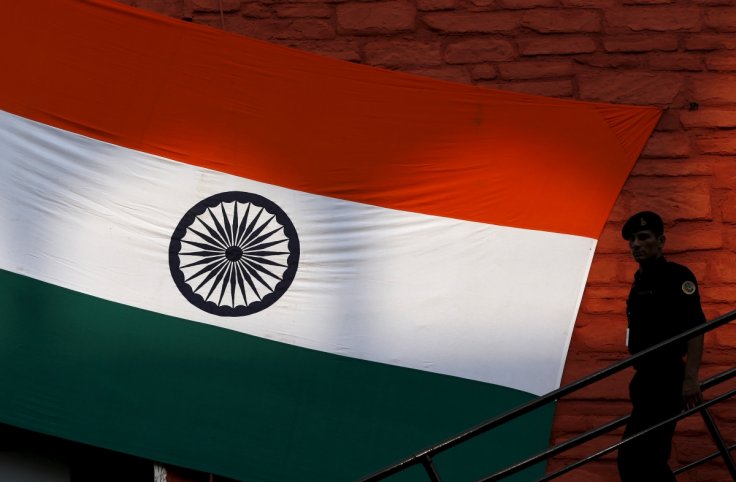India's internet economy is expected to grow from $175 billion in 2022 to $1 trillion by 2030, a new report said on Tuesday.
According to the report, titled 'The e-Conomy of a Billion Connected Indians' released by Google, Temasek and Bain & Company, the convergence of three crucial forces -- digital-seeking behaviours amongst internet users in Tier 2+ locations, the digitisation of large, traditional businesses along with a growing startup ecosystem, and the success of India's homegrown digital public goods or the 'India Stack', has positioned the internet economy for acceleration.

"Three foundational forces - deepening consumer digital adoption, technology investments by businesses, and digital democratisation with the India Stack - has placed India at a turning point in its digital transformation," said Sanjay Gupta, Country Head and Vice President, Google India.
The internet economy's contribution to India's technology sector is expected to grow from 48 per cent to 62 per cent by 2030, while its share of India's GDP will rise from 4-5 per cent to nearly 12-13 per cent, according to the report.
Presenting a 2030 outlook across 10 key consumer sectors, the report predicts that B2C e-commerce will continue to maintain a leading share of digital services, growing 5-6x to $350-380 billion by 2030.
Remarkable Potential
"India's internet economy has remarkable potential and is expected to grow at 6 times over the next decade, with B2C e-commerce driving 40 per cent of the digital GMV, followed by B2B sectors and SaaS," said Parijat Ghosh, Managing Partner, Bain and Company (India).
The number of online shoppers in India is expected to double by 2030, with over 60 per cent of new shoppers currently residing in smaller towns and increasingly drawn to Direct-to-Customers (D2C) offerings and accessibility features of digital platforms.

Moreover, the report showed that online payments, lending, and investments will remain a cornerstone of the internet economy, serving the credit and capital needs of both Tier 2+ consumers and MSMEs, due to a solid foundation of both adoption and innovation in digital financial services.
The internet economy is set to expand beyond its current base, with India's 700 million internet users transacting more via real-time digital payments and spending more time on online video streaming services and social media than global averages.
This expansion will be based on consumers' household incomes more than doubling by 2030, from around $2,500 to $5,500.








